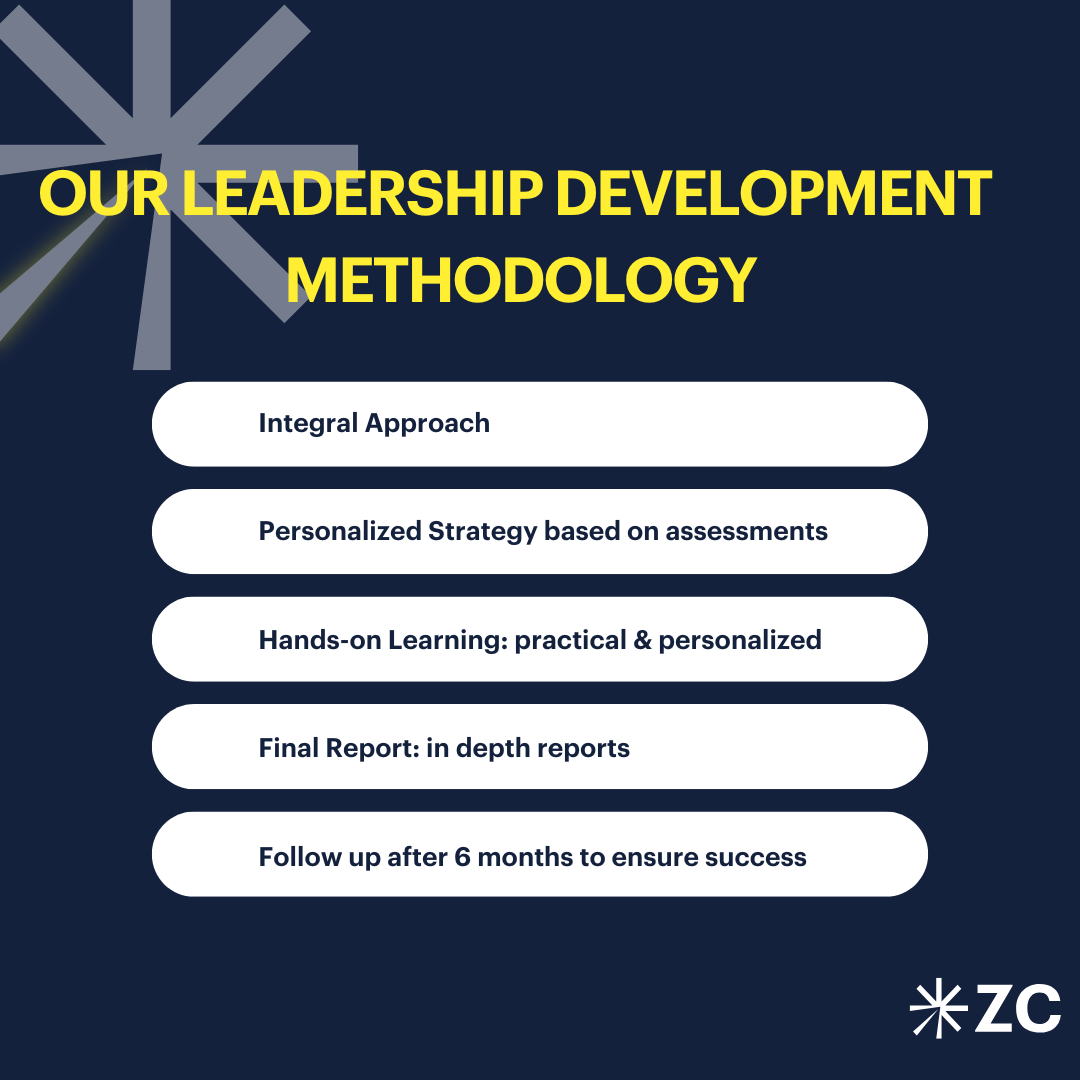According to The Conference Board, CEO turnover in the U.S. reached a 20-year high in 2024, as boards struggled to find internal successors amid burnout, digital disruption, and shifting workforce expectations.
At the same time:
- Only 28% of U.S. companies say they have a strong executive talent pipeline (Deloitte, 2024)
- 62% of HR leaders cite “readiness gaps” as the main reason for stalled promotions
- Skills like adaptability, stakeholder management, and digital acumen are now essential, but rarely developed in-house
Why Executive Development needs a change in the U.S.
For decades, leadership development focused on tenure, performance reviews, and classroom training. But in today’s world, that’s no longer sufficient.
What’s needed now:
- Strategic thinking under uncertainty
- Cross-cultural and hybrid team management
- Tech-savviness, especially around AI and cybersecurity
- Resilience and empathy in crisis situations
- Capabilities to lead multicultural teams
These capabilities don’t emerge by accident — they must be intentionally developed.
The Role of Executive Assessment in U.S. Leadership Development
Development programs start with structured executive assessment — a shift that enables companies to build talent with purpose, not just promote based on past results.
Executive assessment helps:
- Identify high-potential individuals beyond top performers
- Uncover blind spots in communication, decision-making, or strategy
- Support diversity by removing bias from succession conversations
- Provide tailored feedback to accelerate growth
This is especially valuable in the U.S. market, where decentralized corporate structures and regional models make objective evaluation critical.
According to a 2024 Korn Ferry survey, over 60% of U.S. companies now integrate formal assessment tools into leadership development for VP and C-suite successors.
A Framework for Future-Ready Executive Leadership
To compete and lead in the coming decade, U.S. organizations need a fresh approach to executive leadership development — one built on data, personalization, and strategic alignment.
Key pillars to consider:
- Assess potential, not just performance
Use psychometric, 360° feedback, and behavioral tools to measure what matters.
- Develop with business context
Embed leaders in real transformation projects — not just classrooms.
- Expose emerging leaders to enterprise strategy
Rotational roles, board mentorships, and cross-border initiatives accelerate readiness.
- Track growth continuously
Move from static leadership pipelines to dynamic talent intelligence systems.
Development Is the New Retention Strategy
In an environment of high executive turnover, generational change, and constant disruption, executive leadership development in the U.S. must become a board-level priority.
Investing early in executive assessment and development is not about fixing weaknesses — it’s about building strategic readiness for the future. It empowers companies to make better decisions, grow internal talent, and adapt to what the business — and the world — truly demands.

If your organization is rethinking its approach to leadership development, we can help.
At Zavala Civitas, we combine rigorous executive assessment tools with tailored development strategies to help U.S. firms identify, grow, and retain the leaders of tomorrow.
Click here to learn about our methodology: Executive Assessment | Zavala Civitas Headhunting – Zavala Civitas









